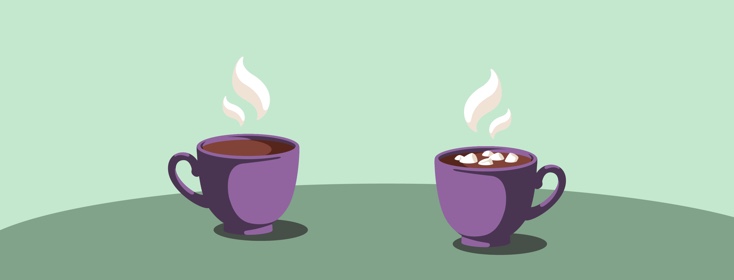The Benefits of Leaving the House
Getting out of the house on most days of the week may help older adults live longer according to a recent study in the Journal of the American Geriatrics Society. We have read about the importance of exercise for the cancer patient. This study revealed that regardless of the level of mobility or medical condition, those who went out daily lived longer than those who did not.1
The study examined about 3,400 men and women participants between the ages 70 and 90 over a period of up to 20 years. Researchers grouped the participants by how often they left their houses every week: almost daily (six or more times), often (two to five times), or rarely (once or less).1
Getting out during treatment
The results suggest the benefits of engaging with the community as we age, even for those with illness or limited mobility. As patients dealing with cancer, this may become even more important.
Many cancer patients experience fatigue and other symptoms or treatment side effects that may interfere with their activity levels. I can remember how exhausted I felt after even taking a shower. There were many days that my only activity would be a required visit to the physician. It may be helpful for older cancer patients and their caregivers to make concrete plans to get out of the house more often.
Making a plan
It can be challenging to motivate yourself, particularly if you are not feeling well, to get out of the house. It may be helpful to make a concrete plan with yourself and your loved ones to help you get moving. Suggestions to help make getting out of the house a reality can include:
- Making a planned decision to go out of the house daily
- Identifing when is the best time, maybe early in day or after a rest period
- Selecting a place you would you like to go, a place of interest
- Choosing someone to go with or to meet once you are out of the house
Engage with the world
The simple act of getting out of the house every day encourages people to engage in the world. Social factors and interactions are important in the aging process. Going out is an important way to maintain mobility, social engagement, and a strategy to avoid loneliness. These strategies may help cancer survivors who are inclined to stay in the house to get out a bit more and to promote wellness. Talk to your physician about the level of physical activity that would be best for you and how to manage side effects, such as avoiding sources of possible infections if you immune system is compromised, while you are out of the house.

Join the conversation